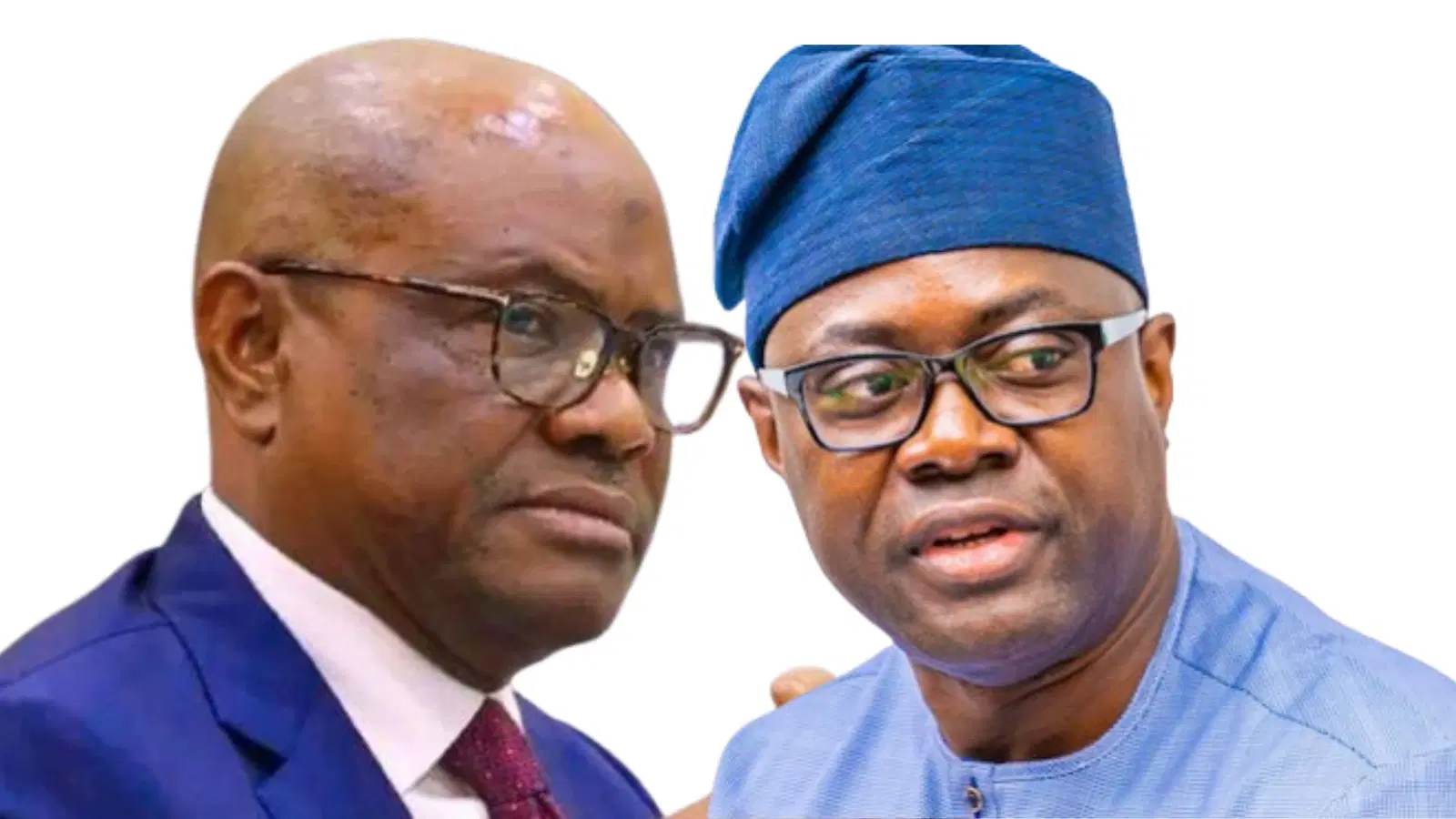On Thursday, August 21, 2025, a fresh crisis erupted within the Peoples Democratic Party (PDP) as southern stakeholders, including state chairmen, former governors, and National Assembly members, rejected a PDP Southern Zoning Consultative Summit held in Lagos, labeling it “illegal” and “exclusionary,” as reported by Vanguard and Leadership.ng. The group, led by state chairmen from Imo, Abia, Cross River, Akwa Ibom, and Rivers—Austin Nwachukwu, Abraham Amah, Venatius Ikem, Aniekan Akpan, and Aaron Chukwuemeka—alongside National Vice Chairman (South-East) Chidiebere Goodluck and Minority Leader O. Chinda, dismissed the meeting’s outcomes as “neither binding nor reflective” of southern PDP aspirations, citing the exclusion of key figures like the National Secretary and former South-East and South-South governors (Opinion Nigeria).
The summit, convened by the PDP Zoning Committee under Bayelsa Governor Douye Diri at Legend Hotel, Ikeja, was attended by Oyo Governor Seyi Makinde, Enugu’s deputy governor (representing Peter Mbah), former Akwa Ibom Governor Udom Emmanuel, and Board of Trustees Chairman Adolphus Wabara, among others (Premium Times). Makinde, addressing critics, emphasized the party’s survival, stating, “We need a united PDP before talking presidential candidates,” and noted that the National Executive Committee (NEC) would decide on zoning on August 25, 2025 (Freedom Online). He dismissed FCT Minister Nyesom Wike’s influence, refusing to “go into the gutter” with him (Vanguard). PDP leaders like Elder Emma Ogidi and Timothy Osadolor defended the meeting’s legitimacy, arguing it aligns with the party’s consultative process (Leadership.ng).
The dispute, centered on the 2027 presidential ticket zoning, risks further fragmenting the PDP, which secured 29% of votes in 2023 compared to APC’s 37% (INEC). X posts from @PDPNigeria (August 21, 2025) supported Makinde’s unity call, while @Naija_Activist criticized the exclusion, reflecting public frustration with the PDP’s internal strife, with 43% distrusting political parties (Afrobarometer, 2024). The ongoing rift threatens the opposition’s ability to challenge President Tinubu in 2027.

Leave a Reply